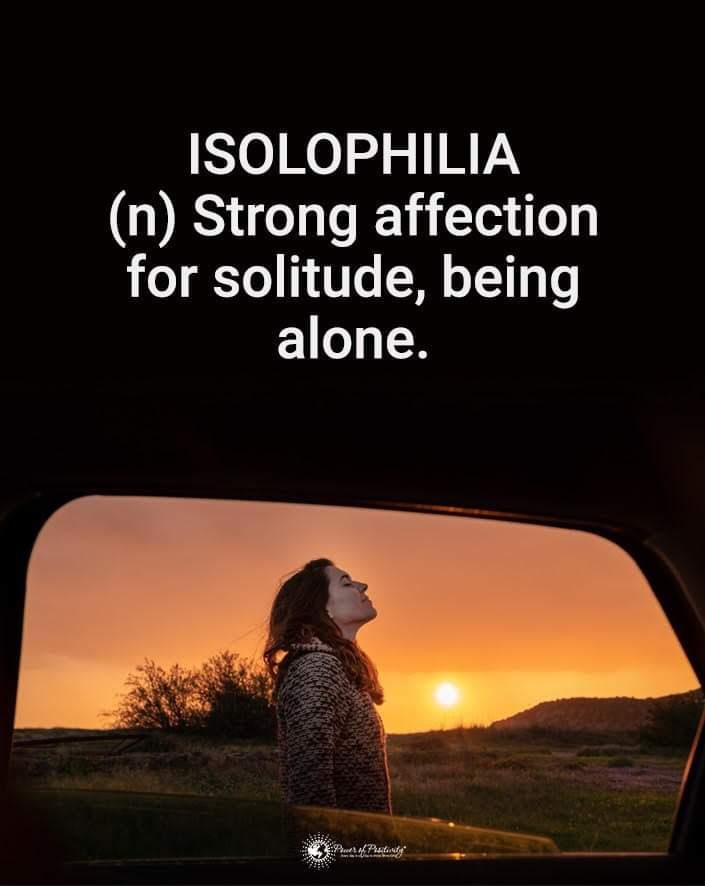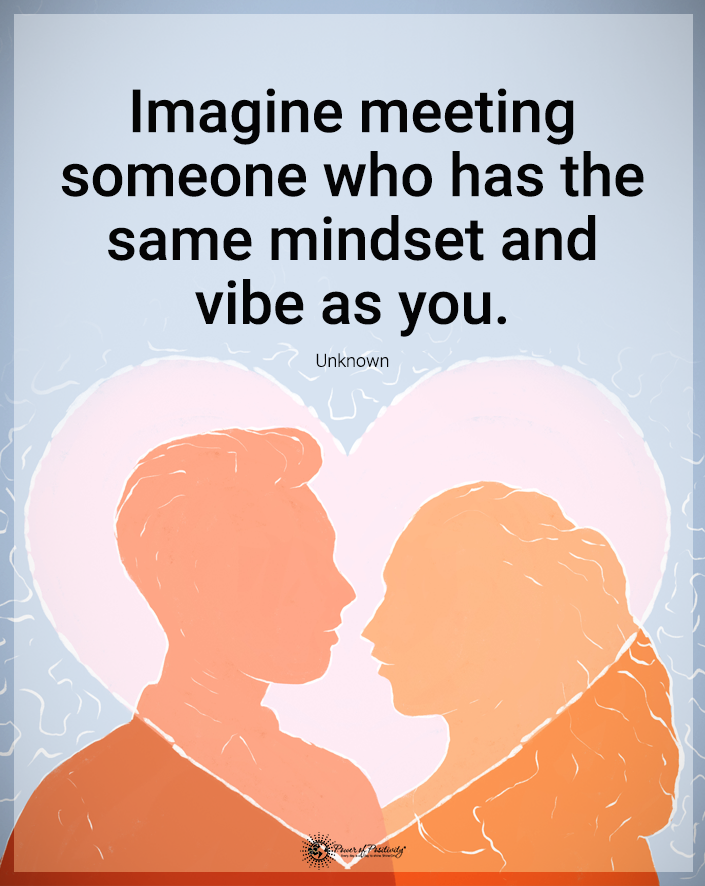Introverts usually get a bad reputation. They are often seen as stuck up and unapproachable. Many believe mistakenly believe they isolate themselves because they see themselves as better than others. But all these things couldn’t be farther from the truth. Introverts aren’t moody and selfish. They are people who, for whatever reason, like to keep to themselves but know how to maintain healthy relationships.
And the misunderstandings don’t stop there. For obvious reasons, introverts aren’t seen as the best people around. They aren’t considered strong friends because they can be flaky. Sure, they have a lot of quirks, and sometimes they might be an acquired taste, but that doesn’t mean they’re bad friends. Not only that, but introverts are the people who can make stronger, more meaningful connections than extroverts.
That doesn’t mean that extroverts can’t develop strong bonds with others. It’s just that introverts usually choose not to keep people in their lives when their bond isn’t strong. They aren’t the type of people to have dozens of casual acquaintances. There’s nothing wrong with casual connections, but that’s not how introverts operate. Because of their personality type, they prefer to keep their circle small and tight. So, they naturally gravitate toward people they can develop stronger connections.
Not only that, but they are also the type of people to work harder to make sure the relationship is meaningful. It’s not all bad to be introverted. And contrary to popular belief, if you are introverted, you’re not doomed to a lifetime of loneliness. Of course, you might never have a big friend group and won’t jump from one partner to another. But that’s not a bad thing. In the long term, it’s better to have a small but tight circle than to struggle to balance dozens of people.
Why are People Introverted?

Being introverted is a personality trait, much like being loud or outgoing is. Introversion focuses on one’s internal feelings rather than the outside world. So, introverts spend much time in their world, concerned with their thoughts and emotions. They don’t seek stimulation from external sources. That means they are content with being alone and doing something they love rather than always hanging out with others.
They prefer staying in bed, reading a good book, rather than having to do something they don’t enjoy with many other people. It’s not that they don’t like people because that’s not the case. However, they are much more selective than extroverts regarding which people they choose to have around. For introverts, doing a pleasant activity they genuinely enjoy is more important than having dozens of people around.
Introverts are usually quiet and reserved and like to keep to themselves. They also tend to be introspective. Because of how much time they spend analyzing all their thoughts, they end up more in tune with themselves. Their introspection helps them understand their feelings better than most other people do. As a result, they know what they want and need and have time to work towards achieving those goals. It’s also important to note that introverts avoid having a lot of social interactions because it drains them.
Extroverts tend to gain energy when they are around a lot of people. But for introverts, it’s the exact opposite. After hanging out with many people, they need to come home and recharge. If you have an introverted friend who always seems to come up with an excuse not to hang out, that’s why. Sometimes, they just need to be alone and do something relaxing.
How the Brain Processes Introversion
Introversion is a personality trait that usually develops due to genetics and environment. It’s been shown that the brains of introverts differ from those of extroverts. For example, introverts have a higher blood flow to the frontal lobe than extroverts. Plus, their brains react differently to dopamine. Both introverts and extroverts have the same amount of dopamine.
The chemical stimulates the reward center of an extrovert’s brain and makes them feel excited. But it just makes introverts feel tired and run down. While some biological factors make people more reserved, your environment can factor in more. How you were raised, and your past experiences will shape your personality. So, if you struggled to make friends when you were younger, it’s no surprise you’ll feel more comfortable being alone as you grow up.
Or, if your parents mistreat you, you’ll likely find it challenging to make dozens of friends. Likewise, the things that happened in the past will shape you. Your past experiences determine your hobbies, personality, and dreams. So, if you prefer introspection over partying, the reason lies somewhere in your past.
3 Reasons Why Introverts Build Stronger Relationships

1. They are Emotionally Mature
Because introverts spend so much time on introspection, they tend to be more in tune with their emotions than others. They understand why they have certain coping mechanisms, what ticks them off, and what makes them happy. Understanding how your emotions work is crucial to any relationship, but most people don’t try to do that.
For example, extroverts don’t spend time internalizing their emotions. Sometimes, if they are dealing with an issue, they prefer to ignore it and hang out with someone. Even if they face that issue, they are used to relying on others to get over it. But introverts are used to solving their issues alone, making them much more emotionally mature.
Sure, you don’t need to be emotionally mature to have friends. But, when it comes to deeper connections, it’s a must. Whether the relationship is platonic or romantic, it will be stronger if the people involved can understand each other. And it helps introverts can understand and empathize with what others are going through.
They won’t ever make you feel guilty for being mad or upset. Plus, introverts are some of the most supportive people out there. They’ll cheer you on no matter what you choose to pursue.
2. They are Great at Communicating
Another attribute that helps introverts create strong bonds is their excellent communication skills. This stems from their emotional maturity and the fact that they are great listeners. An introvert won’t ever monopolize the conversation. They will always let you talk and ask follow-up questions to ensure they have all the facts. You’ll unlikely get into a disagreement with an introvert over a miscommunication.
And, even if you do, you won’t ever have to worry about them flipping out when you bring it up. You can talk to them about anything, and they won’t get mad at you for starting the conversation. Being able to talk properly is essential for any strong relationship. When you can openly communicate, you’ll be on the same page. There won’t be any misunderstandings that tamper with the integrity of the bond.
You’ll have time to talk about meaningful things when you don’t have to spend all your time fixing petty squabbles. Contrary to popular opinion, it’s not time that makes a relationship strong. You could have known someone for over ten years, but that doesn’t mean you are close. Or, you could have met someone you already have a connection with just a few months ago.
That’s because a bond is created through communication. An introvert will always be there to talk about whatever you need. They don’t try to keep the subjects light and fluffy. They like getting into deeper topics and getting to know the other person.
3. They Will Always Make Time for You
One of the nicest perks about having an introvert as a friend or a partner is that they will always make time for you. An extrovert will always have tons of social commitments. As a result, you’re not likely to have a strong connection with someone who barely has time for you. And that’s not because extroverts are bad people or don’t want to make time for you.
It’s just that they usually juggle so many groups that they simply don’t have time to create meaningful bonds. But this will never be an issue with an introvert. They understand the value of spending one-on-one time with someone. Introverts are the people who will always make time for you when you need them. They’ll make the time if you need someone to help you move. They’ll be there if you need someone to help you with a rough patch.
Because they keep their circle small, they don’t have a packed calendar at all times. And they are always down to make sacrifices if that means they can spend more time with you. Because they care so much about the people in their lives, they’ll always be up for doing things with you. They’ll be the first to accept going on a cross-country trip with you if they can make you happy. Introverts are reliable, and you’ll find that, in no time, they’ll become an indispensable part of your life.
Final Thoughts on Reasons Why Introverts Build Stronger Relationships
Even though introverts have a terrible reputation and are seen as broody loners, they are the most supportive and open-minded people you’ll meet. If you want to make sure you have strong relationships with people, you should gravitate toward introverts. And, if you are an introvert, you don’t need to worry if you don’t have a lot of people around you. For introverts, the importance of interpersonal relationships doesn’t lie in numbers. It lies in the strong bond between them and the people in your life. They will always choose to have fewer true friends rather than dozens of acquaintances.
Introverts are very emotionally mature and have excellent communication skills. They are great listeners and will always support you, no matter what. Plus, they will always make time for you. They are always ready to make sacrifices to ensure that your connection grows stronger by the day. You only need to worry about them getting closed off, in which case you need to lend them a hand. Otherwise, they are the kindest, most reliable people you’ll meet.
The post 3 Reasons Why Introverts Build Stronger Relationships appeared first on Power of Positivity: Positive Thinking & Attitude.








